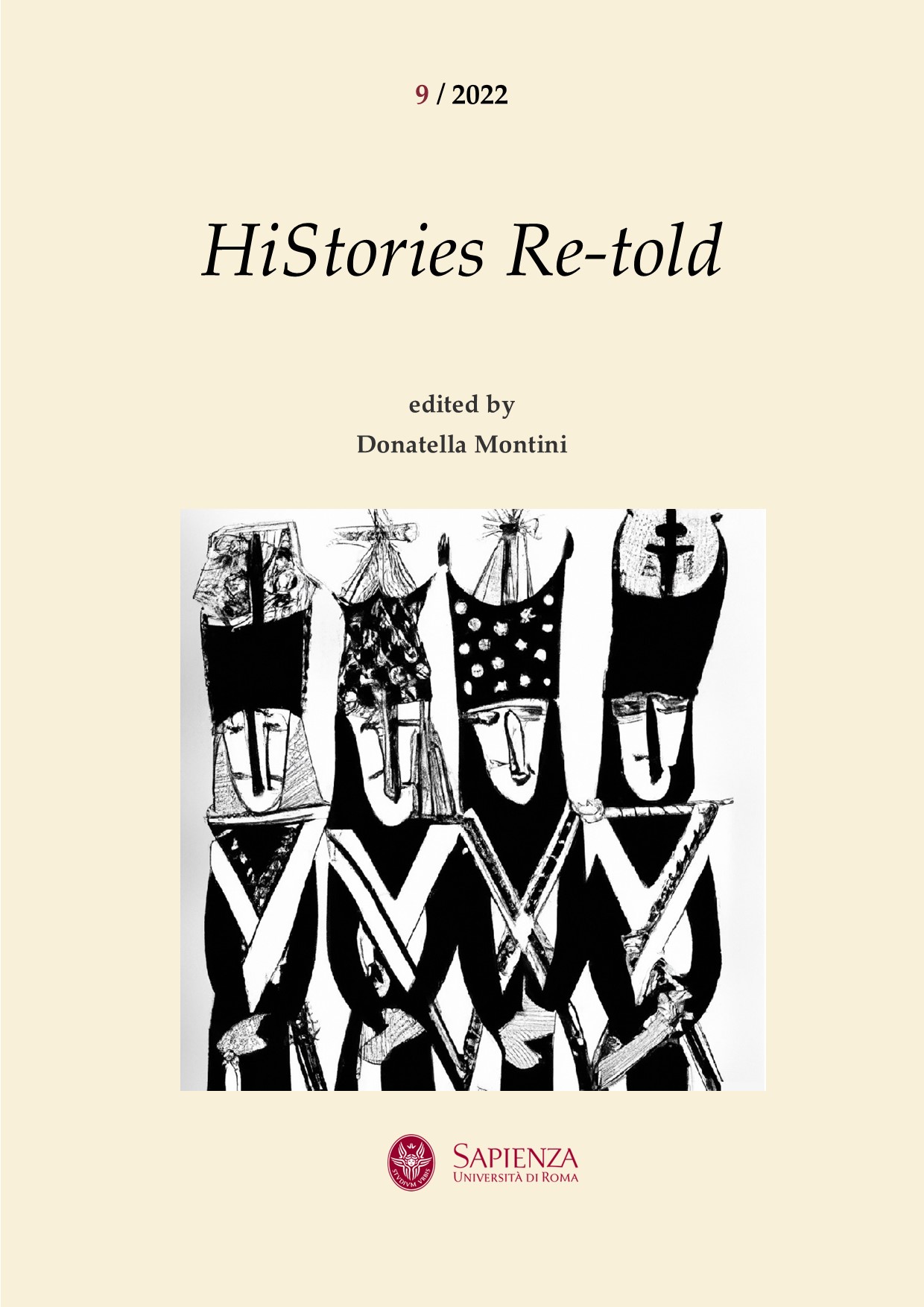Textual Editing and Diversity: Shakespeare's Richard III as a Case Study
DOI:
https://doi.org/10.13133/2283-8759/18180Keywords:
Richard III, Editing, Textual Studies, Performance, DiversityAbstract
This conversation explores the big questions that are re-defining how scholars approach the editing of Shakespeare’s works in our historical moment, from who gets to edit Shakespeare to how they choose to represent the Shakespearean text to their readers. Shakespeare has traditionally been edited by white, male scholars trained in prestigious academic institutions in the Anglo-world. What happens when women and BIPOC scholars, or scholars whose first language is not English, get to edit Shakespeare? And what happens when editors approach the task of re-editing Shakespeare for a more diverse readership? By using examples drawn from Shakespeare’s Richard III, this conversation shows how differently this history play can be edited and how differently it can be made to mean for new generations of readers, students, and theatre-goers.


